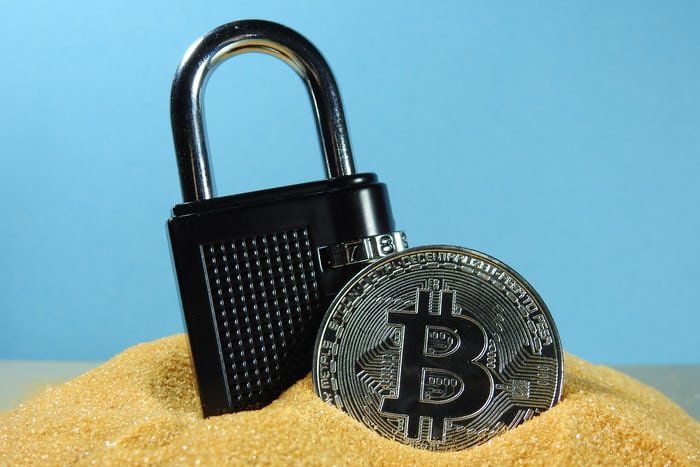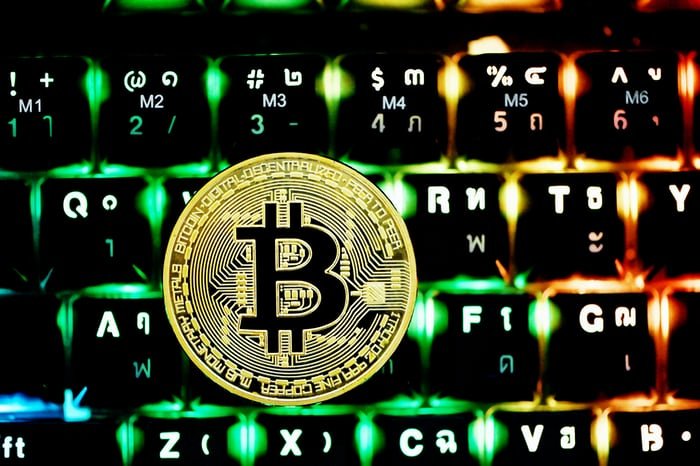
It is alarming the rate at which internet hackers over these past few years have evolved and found innovative ways to illegally access cryptocurrency wallets due to the fast growth of crypto and its gradual acceptance.
Whenever I hear news of people losing their funds to malicious hackers, it's sad and heartbreaking because these are hard-earned money. These hackers believe since it takes pressing a few buttons and mouse clicks and boom, they have access to free money then it's okay. It is not right!
The cryptopshere is dynamic and as digital currencies increase in value and become widely accepted, so will hacking activities increase. Malicious hackers are also upping their games and coming up with new ways to bypass our wallet safeguards. This means no one is a pro at protecting their wallets. It also does not mean those who are victims were not careful enough. It could happen to anyone.
These are some of the ways I secure my cryptocurrencies.
Strong Password/Authentication
As a rule, my passwords are always a lengthy mix of alphanumeric characters and I use different passwords for all the online sites I interact with. I'm sure you would wonder how I remember them? I have a journal where I write all these details down.
I never save my passwords on my phone or pc despite repeated requests to do so from the Google browser. A low-level hacker can run a series of permutations and easily decipher a person's password. Also, I protect some of my crypto activities with Google two-factor authentication. It has been very helpful so far.

Online Wallets
Mostly, I use online wallets to store my crypto and I write the seed phrase to these wallets in my journal. No matter how convincing a family member, friend or acquaintance can be, I do not give out my seed phrases. I have heard of offline/hardware wallets but I have never tried them so I can't say anything about this.
Reputable Sites/Exchanges
I have been advised a long while ago to always ensure that I double-check any site I am on to be certain it's the right one because some hackers clone legitimate sites. In double-checking and safeguarding my online activities, I look out for the padlock sign before the URL. This means the site is the right one, it is safe to work on and my activities are protected.
There have been incidents of online users falling for deceptive URLs which results in the hacking of their wallets and loss of their funds.
Application Downloads
Malicious hackers often use this means to steal users' data and funds. I am very sceptical of downloading applications or .apk from sites. When I click a link and it comes up as an .apk, I discontinue it unless I am fully convinced that it is the proper and legitimate way to get the app. I prefer to use my playstore and even on the playstore, I research the app carefully before downloading.
I cannot claim that these highlighted means of securing crypto are foolproof. As I said, anyone can be hacked and no one is a pro at this. We can only try our best. One annoying thing about this situation is since crypto activities are still unregulated, there is no way to seek a remedy or course of action against these hacks.
What are some of the ways you secure your cryptocurrencies?
Thank you for visiting my blog.
The rewards earned on this comment will go directly to the person sharing the post on Twitter as long as they are registered with @poshtoken. Sign up at https://hiveposh.com.
Now is the time to secure your keys before it is too late. Thanks for the alert dear.
Exactly. We need to get more serious about securing our data generally. Thanks for stopping by. 🙂
Great ideas, all of them!
Hehe, thanks a lot @dswigle! Great, yet hackers keep finding ways around these safeguards. Always a pleasure to have you visit my post. 😊
Nice tips here, just to add to it, it is always good to disconnect from Smart contracts that you have interacted with in the past. beefyfinance is a good tool for that.